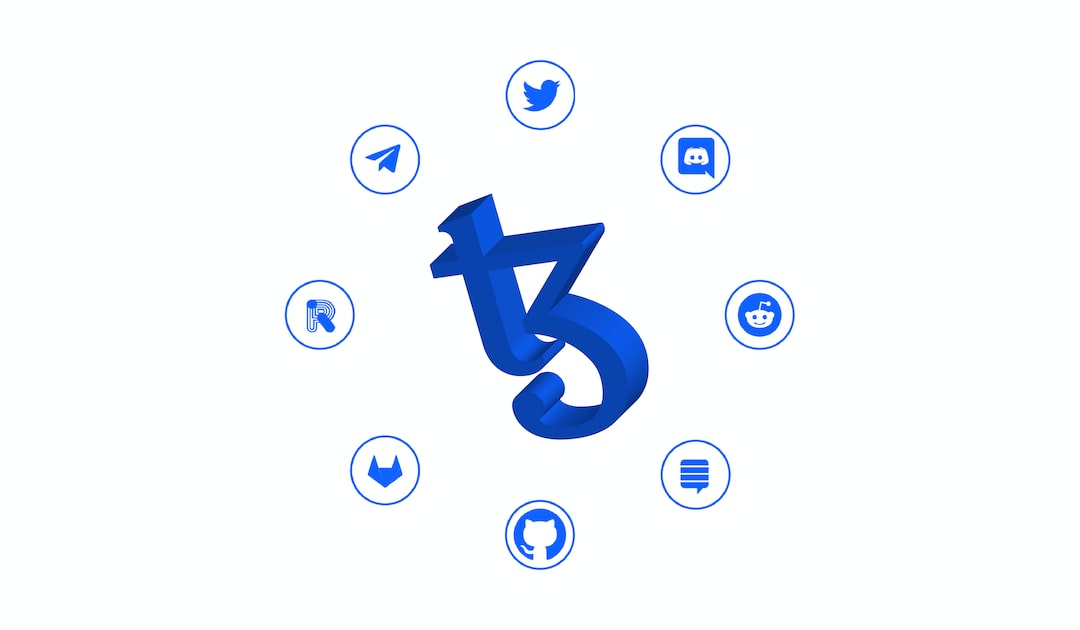The EU’s Push for AI Regulation
The European Union (EU) has been actively working towards becoming a pioneer in the regulation of artificial intelligence (AI). Recently, member states and lawmakers came together to discuss the drafting of a well-regulated policy for AI-based systems like Chatgpt. The goal is to protect the rights, privacy, and data of EU citizens.
Europe’s Efforts to Regulate AI
Two years ago, the European Commission proposed an AI law with the aim of regulating AI systems based on their level of risk. The law was approved by the European Parliament earlier this year. Now, the commission is focused on finding a balance between biometric surveillance and regulating platforms like ChatGPT and Google Bard.
A meeting is scheduled between EU members and lawmakers to further discuss AI regulations. These discussions are expected to continue until December 7th. It is crucial to reach a final agreement before implementing the rules, potentially making it law before the European parliamentary elections in June.
The Dutch Minister for digitalization emphasized the importance of reaching a compromise on generative AI by the end of the year, as there is global attention and a need for meaningful legislation on AI.
Controversies Surrounding Proposed AI Rules
There are major disagreements regarding AI in biometric surveillance and foundation models like OpenAI and Google Bard. While EU lawmakers aim to prohibit AI in biometric surveillance, governments want exceptions for national security and military applications.
France, Germany, and Italy have proposed self-regulation for generative AI model creators, causing additional uncertainty. Despite preparatory meetings, unresolved differences may complicate reaching a deal. It is clear that more developments are needed to revolutionize the AI landscape within the EU.
Hot Take: Striving for AI Regulation in the EU
The European Union is taking significant steps towards regulating artificial intelligence. By convening meetings and discussions, EU members and lawmakers are working towards a well-regulated policy that protects citizens’ rights and data privacy. The proposed AI rules face challenges, particularly in the areas of biometric surveillance and generative AI models. Disagreements exist between EU lawmakers and governments, but efforts are being made to find a balance that addresses national security concerns while ensuring effective regulation. It is clear that more work needs to be done to reach a final agreement, but the EU’s commitment to AI regulation is commendable.





 By
By
 By
By
 By
By
 By
By
 By
By